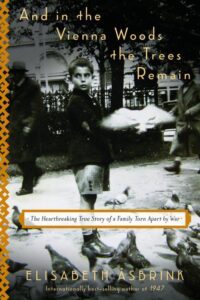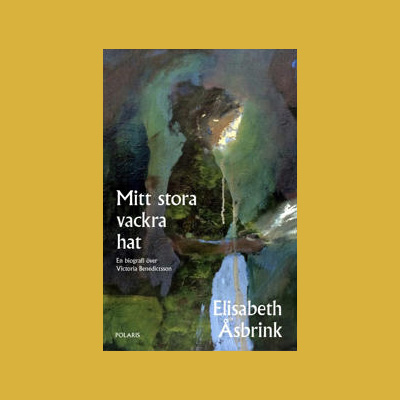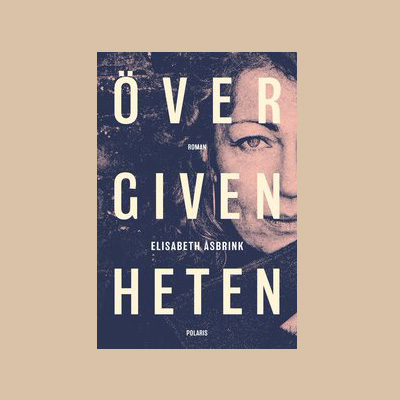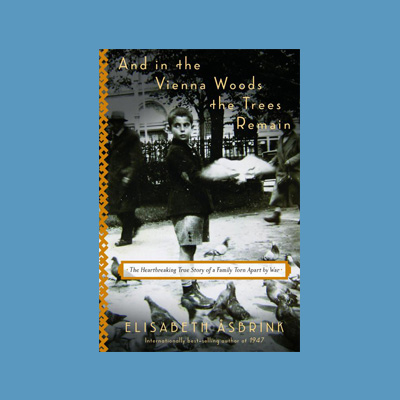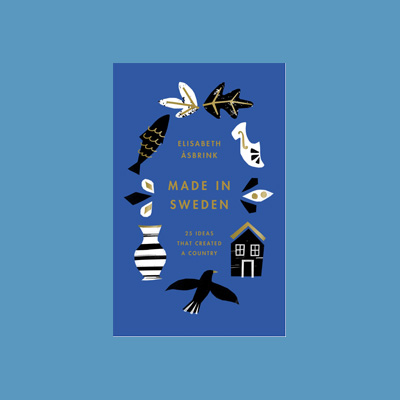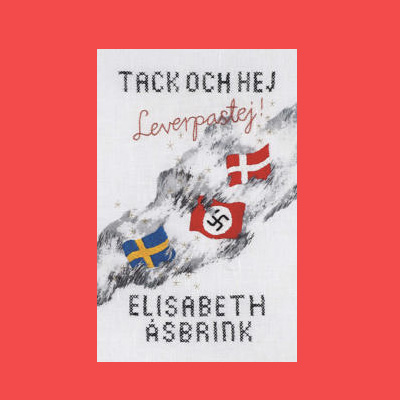And in the Vienna Woods the Trees Remain
And in the Vienna Woods the Trees Remain won the August Prize in the non-fiction class in 2012, the Danish-Swedish Culture Prize in 2013 and the Polish Kapuscinski Prize in 2013.
In the book, Elisabeth Åsbrink reveals that Ingvar Kamprad, Ikea’s founder, was member 4014 of the Swedish Nazi party SSS in 1943. The news attracted worldwide attention.
Five hundred letters from Vienna, neatly sorted by year, tied with string and stored in an IKEA box. The addressee was Otto, a Jewish boy who came to Sweden alone at the age of thirteen from an Austria that was increasingly characterized by the Nazis’ seizure of power in 1938. Otto’s parents remained in Vienna. The letters to Otto show how they try to keep their spirits up, they rejoice that he has reached freedom, but sadness and loss shine through. The last letters Otto receives are addressed to Theresienstadt – his parents would never return.
In Sweden, the big city boy Otto ended up in Småland, becomes a peasant and goes from farm to farm. In time, he got work as a farmhand with the Kamprad family on the farm Elmtaryd in Agunnaryd. A strong friendship arose between the son of the house, Ingvar Kamprad, and Otto. At the same time, Ingvar Kamprad was actively involved in Nazi organizations and a great supporter of the fascist Per Engdahl.
Elisabeth Åsbrink writes in the New York Times about Ingvar Kamprad. Read here.
REVIEWS
Named a Best Book of the Year by Kirkus Reviews and a Notable Translated Book of the Year by World Literature Today.
”Engrossing…compelling…Top-notch microcosmic World War II history and an excellent illustration of the immense power of the written word.” Kirkus Reviews (starred review)
”A multilayered history…This devastating account has the lyricism and complexity of a finely wrought novel.” Publishers Weekly
”Top-notch microcosmic World War II history and an excellent illustration of the immense power of the written word.” Kirkus Review
”Åsbrink’s historic timeline of Christianity’s long scourge-and-purge tactics against Jews is chilling, as are the parallels readers will note to today’s immigration discussions…[a] must-read.” Booklist
”And in the Vienna Woods the Trees Remain is a gripping saga of love, friendship, betrayal, and, above all, courage—the courage of parents trapped in the Nazi inferno who yet never waver in their devotion to their son. This is one of the most moving books I have ever read about that dark period in history.” Francine Klagsbrun, author of Lioness: Golda Meir and the Nation of Israel
”A masterpiece … The stack of letters from the war is in itself an unprecedented basis for a documentary work about the Jewish and Nazi atrocities. But Elisabeth Åsbrink is more than a journalist, more than an observing chronicler. She is a poet. Gently she weaves her own family’s fate, and her research into history. With the touch of a fiction writer she brings the over 70-years-old drama to new life. With a pen of a poet she revives a story that could have been forgotten. Page after page I´m impressed by Åsbrinks sence of language, her outstanding communication skills, her superior literary endowment.” Tom Egeland, VG
”A dramatic and masterly put together showdown with Swedish rasicm between the wars. (…) Åsbrinks book is more than very good, in the multicultural Norway it is also completely up to date.” Arnhild Skre, NRK
”The watershed of the book consists primarily in that Åsbrink masterfully portrays an individual: The destruction of one man constitutes the loss of an entire world. Secondly, she shows the prevailing attitudes towards the Jews in Sweden during the 1930s and 40s, with its hateful and crude expressed prejudices, and the politicians equally prejudiced reasons for preventing Jewish immigration. The parallels to the current immigration and refugee debate is sadly striking.” Kristine Næss, Klassekampen


